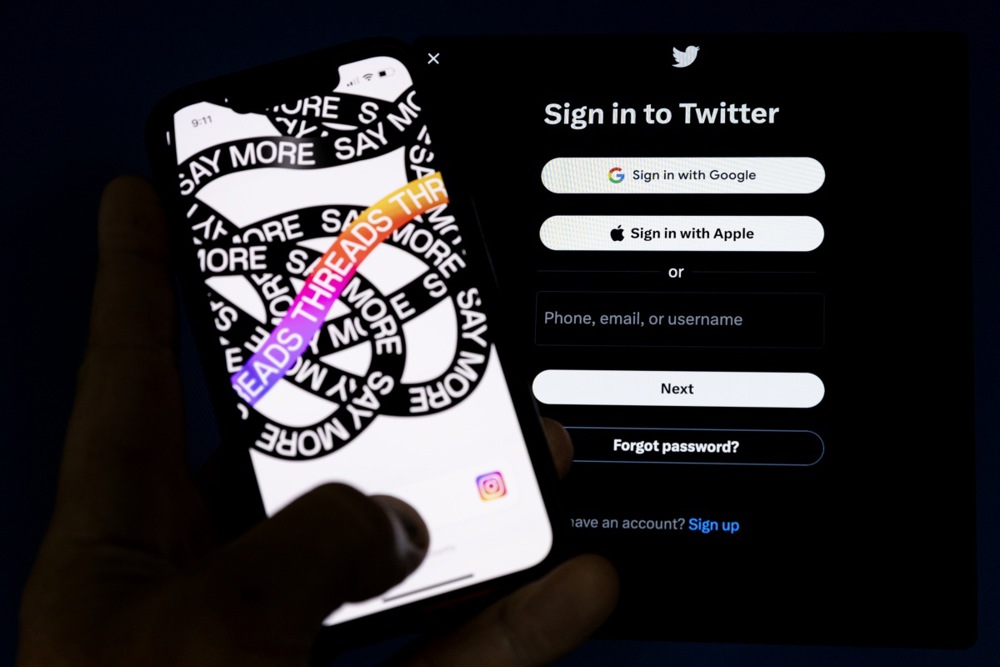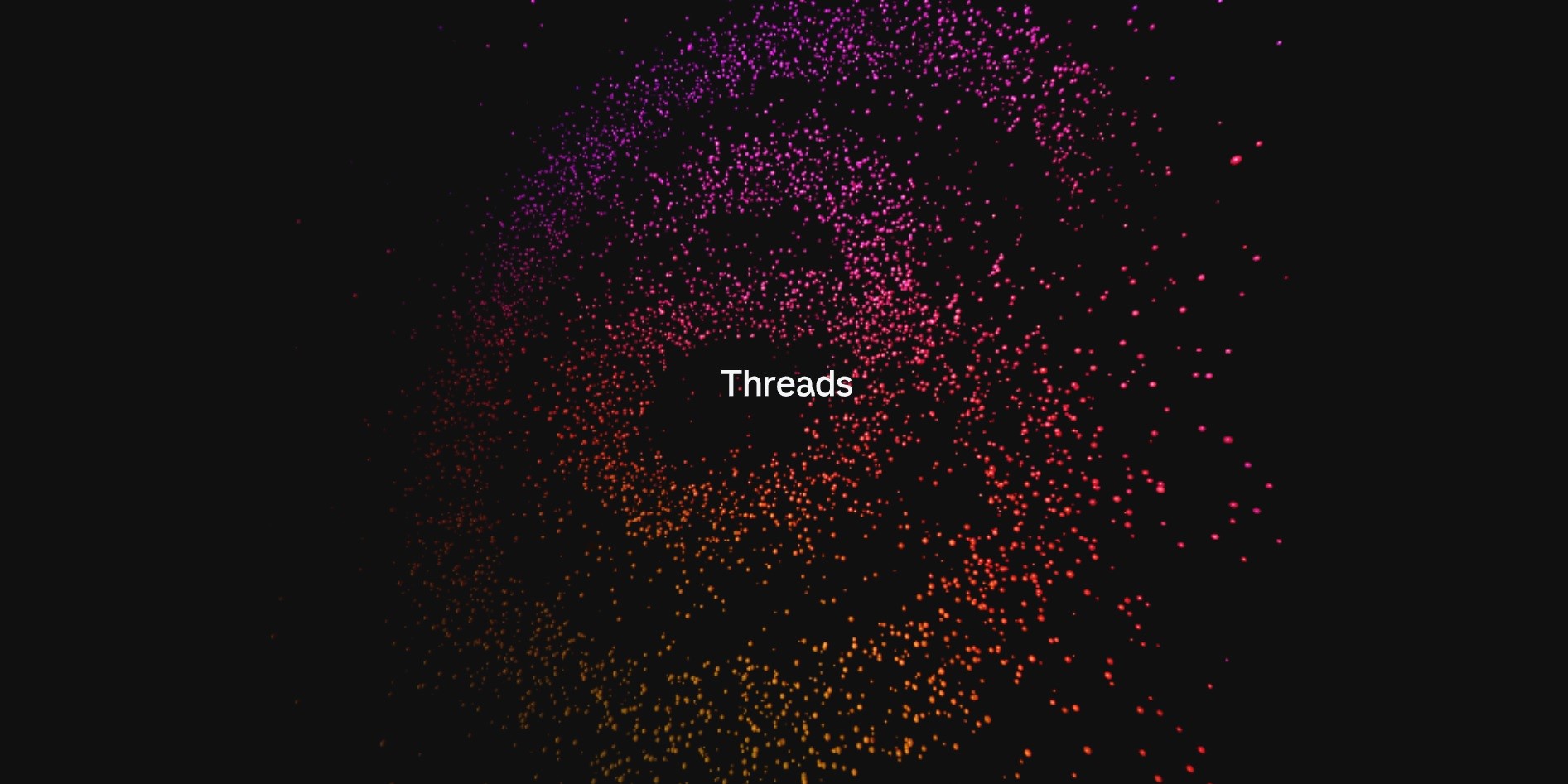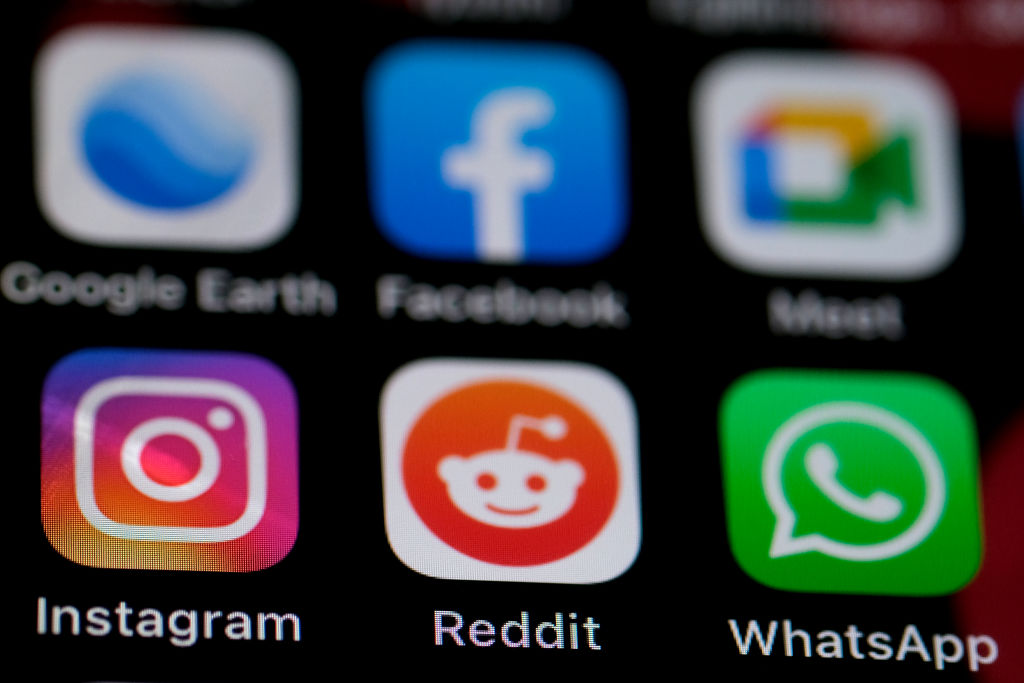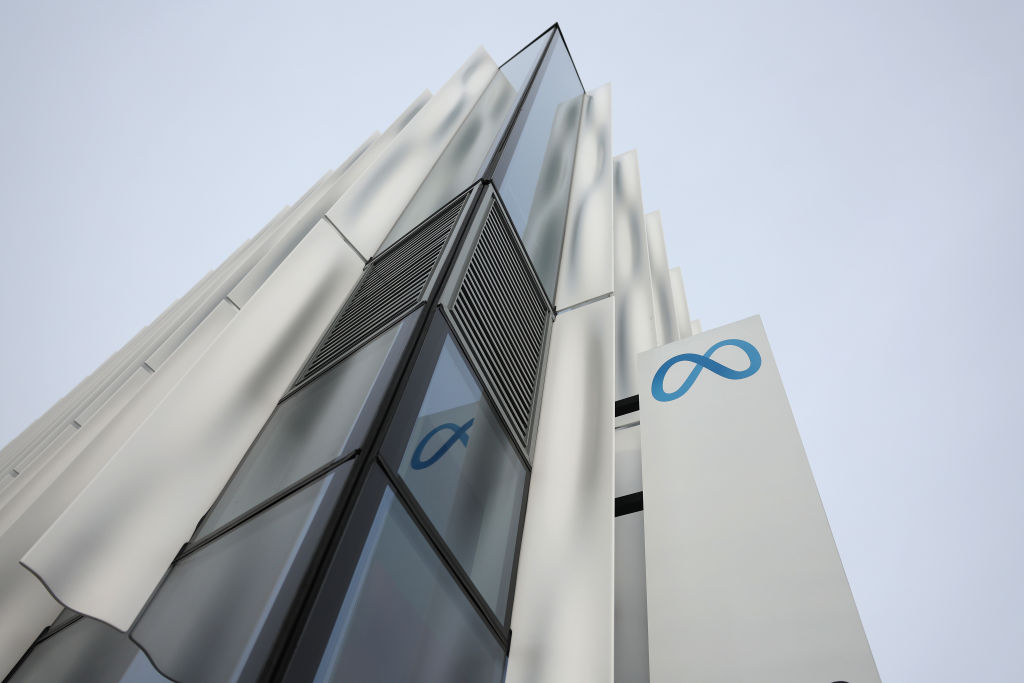Facebook’s parent company Meta blocked and deplatformed a number of people in Australia by using false fact-checks – in violation of its own code of principles. The apparently censorious methods seem to have been aimed at conservative opinions.
Deplatforming is defined as: “Refusing someone an opportunity to make their ideas or beliefs known publicly because such views are deemed dangerous or unacceptable,” according to the Cambridge Dictionary.
In an investigative report, Sky News Australia revealed an attempt financed by “foreign sources to silence news coverage and political debate” around a rare constitutional ballot concerning the recognition of indigenous Australians, called the Australian Indigenous Voice referendum.
Two prominent Australian universities and Meta, Mark Zuckerberg’s US-based multi-billion dollar tech corporation, are implicated in campaigns said to have been aimed at stifling discussions about the Voice in order to sway the referendum’s outcome.
One of the universities, the Royal Melbourne Institute of Technology (RMIT), has been found to have collaborated with Meta to block Australian journalism and influence fact-checking of news items related to the referendum, despite such practices being in violation of Meta’s own established rules for impartial fact-checking. The false fact-checks were used to prevent millions of Australians from accessing Sky News Australia’s coverage.
The censorship creeps spread disinformation while demanding censorship:
“An audit of RMIT Voice fact checks showed the 17 Voice checks between May 3 and June 23 this year were all targeting anti-Voice opinions or views.
“Former ABC journalist Russell Skelton now heads the RMIT…
— Michael Shellenberger (@shellenberger) August 23, 2023
While Meta has claimed independence from fact-checking operations, it has been revealed that the company signed a secret commercial contract with RMIT, potentially allowing its fact-checking unit to receive payments of up to $740,000 annually from an Irish Meta subsidiary. That is despite Meta claiming its fact-checking operations are entirely “third party” and independent.
Zuckerberg has previously assured the public that his platform does not aim to manipulate truth on the internet and that an opaque entity known as the International Fact Checking Network (IFCN) oversees its fact-checking operations. Observers say that assurance now appears a lot less credible.
Sky News Australia discovered RMIT’s certification by IFCN had expired in December but internet policing continued without it, in breach of the rules.
Some excuses given were downright strange; “Earlier this year, the Interim Director’s wife was traumatically injured in a random attack,” an RMIT poster wrote.
“As such, I would speculate that the review of renewal applications would not necessarily be their utmost priority at this time.”
The fact that the certification had expired did not lead to an “uncertified” label, as apparently that is a label that “does not exist” inside the IFCN.
Sky News Australia notes RMIT is just one of 55 fact-checking operations around the world that remain signatories of the IFCN despite having expired credentials.
The Australian news outlet lodged a formal complaint with the IFCN but only got a vague reply after the media company said it would report publicly on it.
Fact-checkers from RMIT have been found targeting anti-Voice opinions, almost always associated with the No campaign against the referendum.
The investigation also exposes a progressive activist researcher at the University of Adelaide fronting a research hub founded and headed by labour politicians and who campaigns to publish inaccurate statistics and misleading information about news coverage to falsely suggest that the Voice is losing support due to negative journalism.
This underscores broader concerns about academic institutions, funded by taxpayers’ money, and activist groups using misinformation to manipulate public perception and influence political outcomes.
Jack Houghton, who leads the team of digital journalists at Sky News Australia, said Australians have “a right to debate issues around the Voice without feeling coerced – especially by large and well-funded bodies seeking to control the national debate”.
He pointed out that important conversations, such as the origins of COVID-19 or the Hunter Biden abandoned-laptop controversy, were erroneously labelled as misinformation, limiting searches on Facebook.
“News organisations should not be policed by activists who have wormed their way into powerful institutions to act as censorious arbiters of truth,” Houghton said. “And most concerning is the flagrant disregard the world’s fact-checking ecosystem has for following its own rules.
“This referendum is for Australians to decide, not a handful of trumped-up academic elites doing everything in their power to influence the vote,” he concluded.
The Voice referendum is the first such in Australia in 24 years, with implications for the nation’s constitutional structure.
The revelation of foreign-financed attempts to manipulate the discourse raises a whole host of concerns. Meta’s communication team has attempted to downplay the situation but with limited effect, analysts say.





